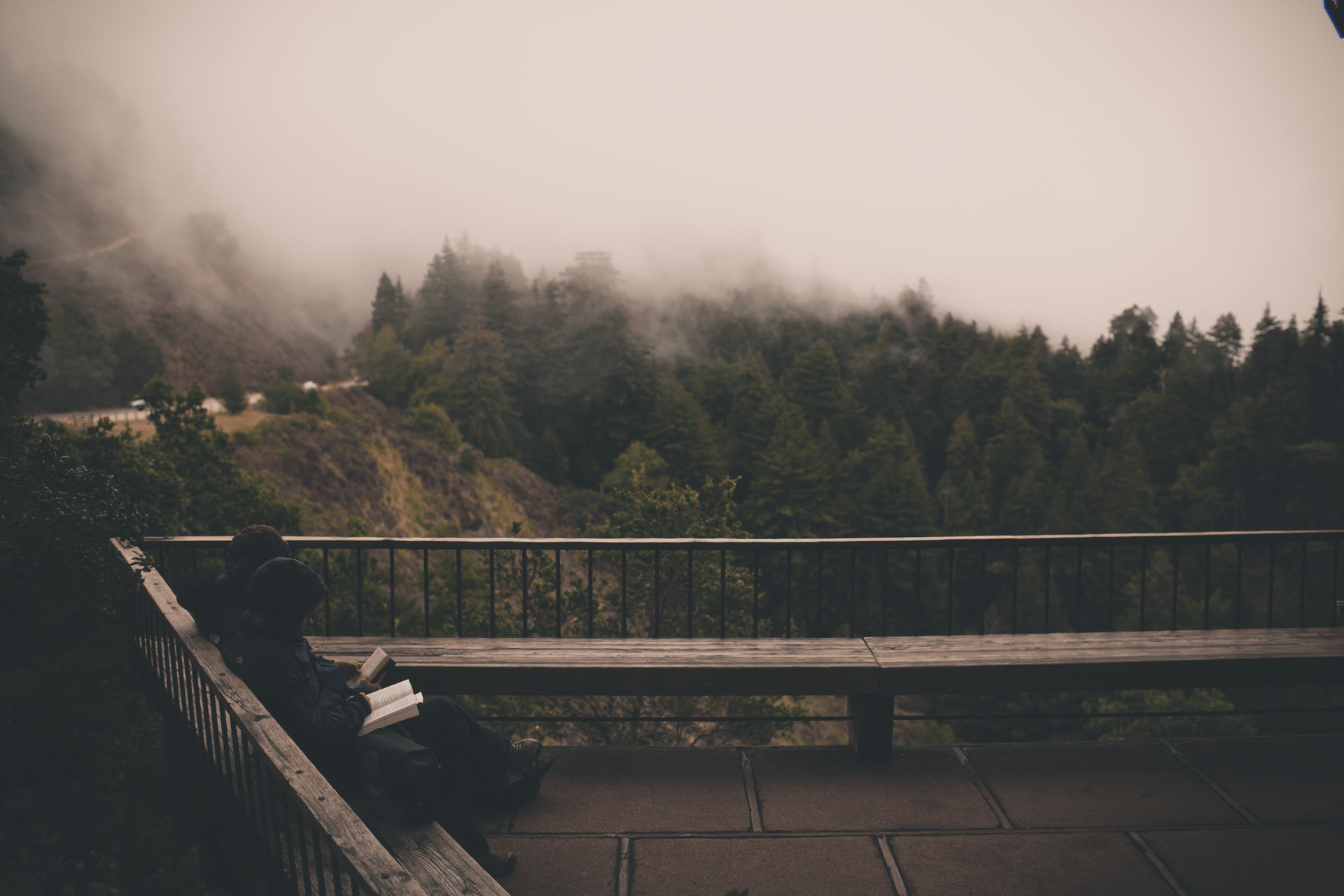One
It was the weekend, and I had spent most of it sprawled across the couch, devouring page after glorious page of Harry Potter and the Deathly Hallows. It was when I reached the chapter where Harry (if by some miracle you haven’t read Harry Potter, a spoiler is coming), realises that he has to die in order to destroy the Horcrux within him, that my equal feelings of eager anticipation and utter contentment morphed into something a little different.
As I read Harry’s reaction – his heart pounding fiercely, the terror washing over him, his appreciation of his brain and nerve and bounding heart – I began to feel some of those things too. Then the realisation hit me like a cracking whip, and I had to stop reading. One day, too, I was going to die.
Now this may seem obvious; all of us are going to die eventually. But I felt just how precious my life was, as delicate as a spider’s web spun between the leaves of two trees. I felt how precious and delicate the lives of my loved ones were, and how in a hundred years we would all be gone forever. I squirmed restlessly from one spot on the couch to another, like a toddler unable to settle, as these thoughts churned about in my mind. After about ten or so minutes they quietened, and I got back to the story, though I felt I had just been through something profound.
Two
On a crisp spring night in Melbourne, my boyfriend and I attended a showing of the musical Les Misérables at Her Majesty’s Theatre. Now while I hadn’t seen the musical or movie before, or read the book, I had read up on the plot, and knew the overall storyline. Yet, in the scene where Éponine was dying, the knowledge of her impending death still struck me forcibly; perhaps it was the exaggeration of theatre, the music and the singing, which affected me. Whatever it was, I felt myself once again rabbit-hole deep in the knowledge of my own mortality. I seemed to zoom out of my physical self, and I was suddenly sharply aware of all the people in the audience watching the stage, of the ushers by the doors, of the actors saying their lines that they must have tirelessly rehearsed; and the tears came quietly, not for Éponine, but for my future self.
Three
I was comfortably nestled into my chair in a cinema in Melbourne Central Hoyts, watching the blockbuster events of The Amazing Spider-Man 2 unfold. I am a big fan of Emma Stone, and enjoyed the vivaciousness and wit of her character Gwen Stacy. Now I hadn’t read the Marvel comics, so I had no idea that her character was going to die. When she lay in Peter Parker’s arms and the audience held its breath, I held mine with them, thinking surely not, she has to survive.
I don’t think I’ve ever cried that much in a movie theatre – and this was a Spider-Man movie, not some serious drama or Nicholas Sparks adaptation. Once again I felt how delicate and precious the threads of our lives are, and how they can be so easily lost.
–
Looking back, it doesn’t surprise me that these moments occurred when a much-loved character was dying, as opposed to real-life tragedies in the news or grandparents’ deaths. I was an introverted bookworm when I was young (now I’d say I’m a much less introverted bookworm), and I spent about half of my childhood in the heads of the characters I read, with the other half in the real world. I suppose that is the beauty of fiction – a story or fantasy or daydream can help you see truths that reality sometimes camouflages.
During these moments, when I felt this suffocating anxiety about my impending doom, I wondered how humans lived like this. Knowing that at any moment an accident or illness could take us or our loved ones away, and that this could potentially happen in the space of a breath.
My way of dealing with this feeling was to tell myself to forget it, to not worry, because there was nothing I could do about it, and just lose myself back into the day-to-day business of life.
And it worked. Within a few minutes of these moments, I had moved on, for what else could I possibly do? I don’t think people are meant to live timidly or cautiously in the hope that their odds of death are reduced; or in fear, unable to enjoy their lives. We are meant to live energetic and adventurous lives, in spite of knowing what is waiting for us at the end. Instead we should use this knowledge as a reminder to appreciate every moment and every loved one, so that when death does come, we will be able to – to paraphrase Beetle the Bard – greet death as an old friend, go with him gladly, and as equals depart this life.
